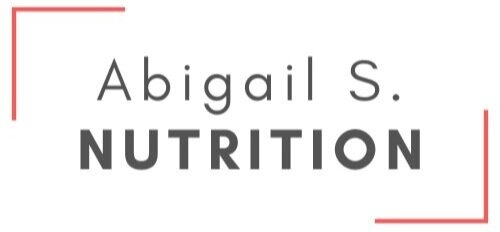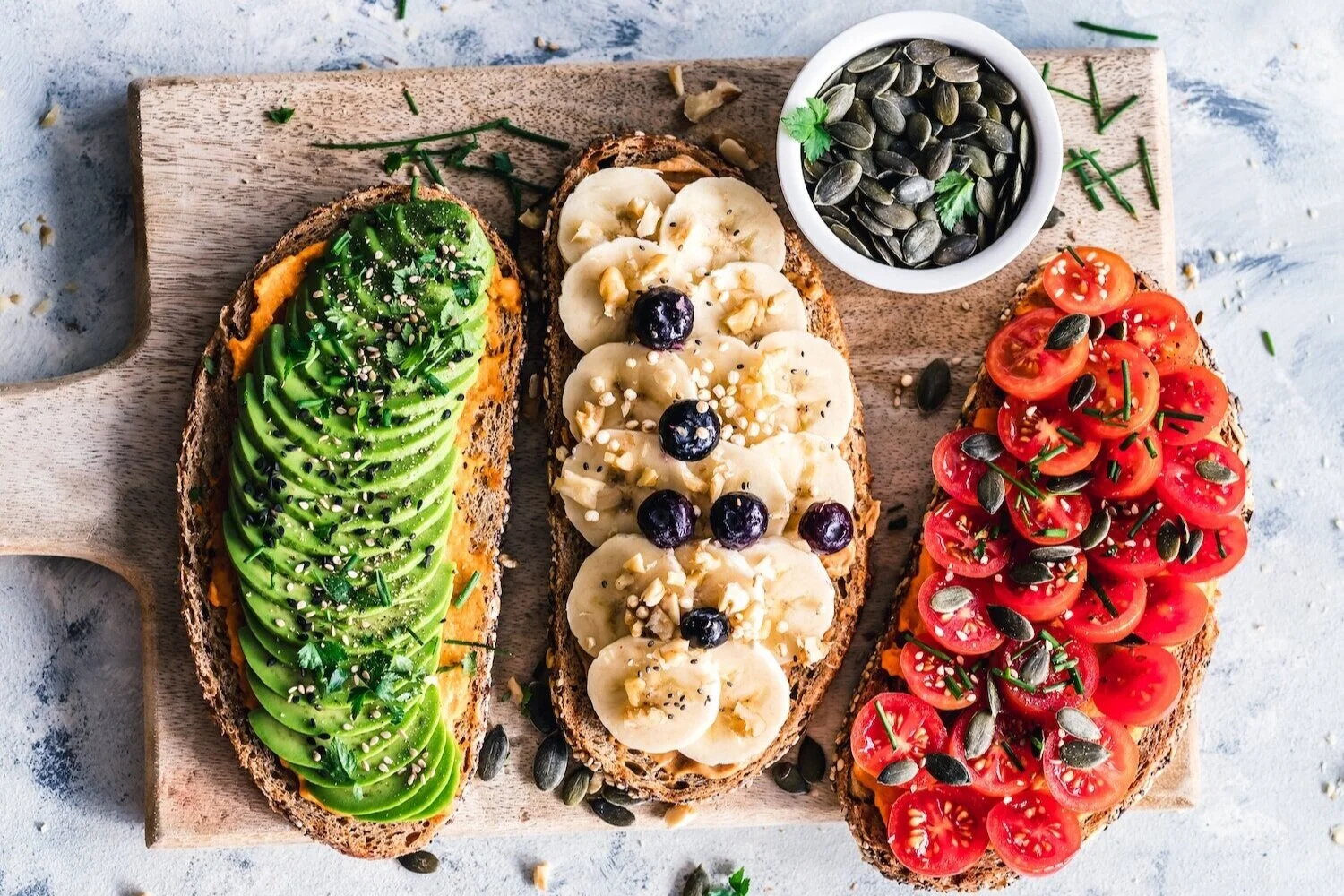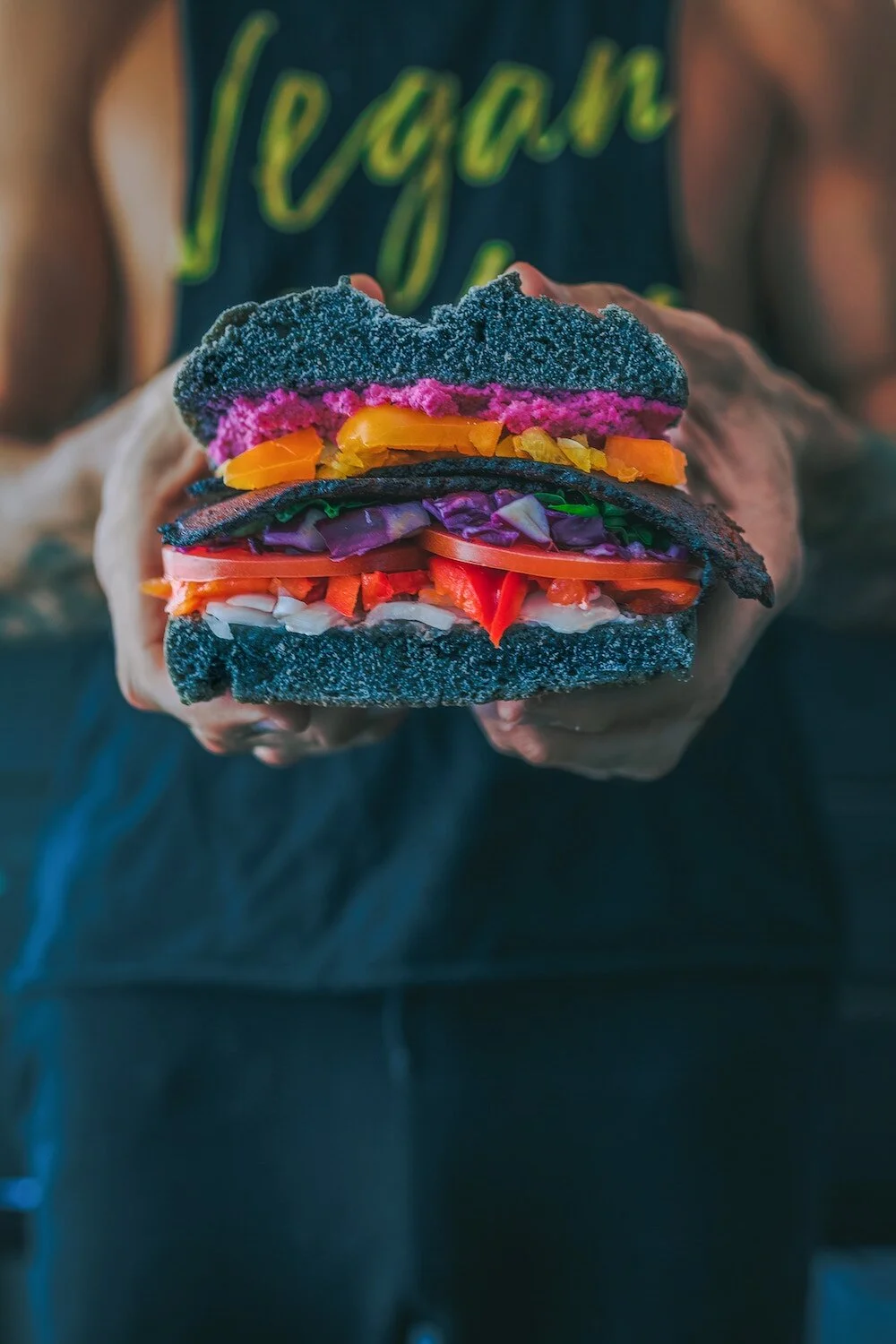'Going Vegan' in January
New Year, new Vegan?
Vegan January aka Veganuary is a pledge to eat only vegan food for the month of January. In 2019 over 250k signed up, and predictions for 2020 are over 350k, not including all those who do it without joining the official website. Reasons for joining ranged from personal health, to animal welfare & environmental concerns. So, what do you need to know before you ‘go vegan’?
What can I eat that’s vegan?
Vegan technically means excluding all meat, fish, dairy and eggs, as well as things like honey. Essentially ethical vegans exclude all animal products, including leather, beeswax and even food colourings obtained from animals.
Veganuary doesn’t quite go this far, it instead focuses on excluding animal products for the diet, so that it is entirely plant-based. The interpretation here is entirely individual, but it usually means no meat, fish, cheese, yoghurt, milk or eggs.
If you ask what vegan food looks like, most people think of salad. Trays and trays of roasted veggies, or ‘rabbit food’ - but is that all there is?
Offerings in the vegan arena have moved FAST. Not so long ago vegan cheese was something avoided at all costs, and now we have entire vegan cheese shops opening off Brick Lane, London. Supermarkets have multiple different types of non-dairy milks and cheeses meaning that at least one will likely take your fancy.
Previously, images of vegans conjured up slightly pious folx cooking lentils….they’re still out there, no doubt. However, there’s also a huge range of meat alternatives available in mainstream supermarkets (albeit often quite pricey) but are these things any different to eating actual meat? There’s no question that for someone who is transitioning to eating less meat they are convenient, especially if you are focussed on animal welfare and the environment but what about health?
Is Veganism healthy?
Evidence suggests that a diet rich in fruit and veg has been shown to be the best for long term health, but does that mean vegan? Well, the diets we know show the best health outcomes (mediterranean & nordic) include dairy and meat, and prioritise unsaturated fats (olive oil) over saturated fats (cheese & meat). Whilst vegan diets can be healthy, they aren’t automatically better than any other diet. It’s very easy for ‘vegan’ and ‘healthy’ to get mixed up - there’s overlap, but they aren’t synonymous, especially as when people say vegan, they often mean a wholefood diet, which is another blog entirely. The reality is we don’t have the long term evidence to say the impact of increasing people choosing an animal-free diet, especially when comparing meat-free substitutes with their meat equivalents.
Are Vegans deficient in B12?
Some nutrients you might want to pay attention to if you are considering a long term switch to veganism are: Calcium, B12, Iodine, Iron, Choline, Selenium. That’s not to say a vegan diet is definitely deficient in these, just that you might have to pay more attention until you get the hang of it. As ever, check in with your GP, or qualified Nutrition professional if you aren’t sure.
Is veganism for everyone?
Well, at the risk of activating the vegan police….possibly not. Ultimately, food choice is a privilege that not everyone has, whether that be in having the freedom to purchase what ever you choose, or in having the time, space, facilities and skills to prepare it. That’s not to say it can’t be simple and cheap, but that isn’t an option for everyone.
Ingredient checking and lists of prohibited items can be a bit tricky for anyone who has struggled with disordered eating - if that’s you - I see you. You are worthy of support. It might not be an option to be a strict vegan, and that’s ok. Ultimately pursuing ‘plant-based’ for health is a diet, and diets can be a problem.
For support with dietary changes, whether transitioning to veganism or getting out of the diet cycle all together, let’s chat. I offer free, no obligation 15 minute calls for everyone.


